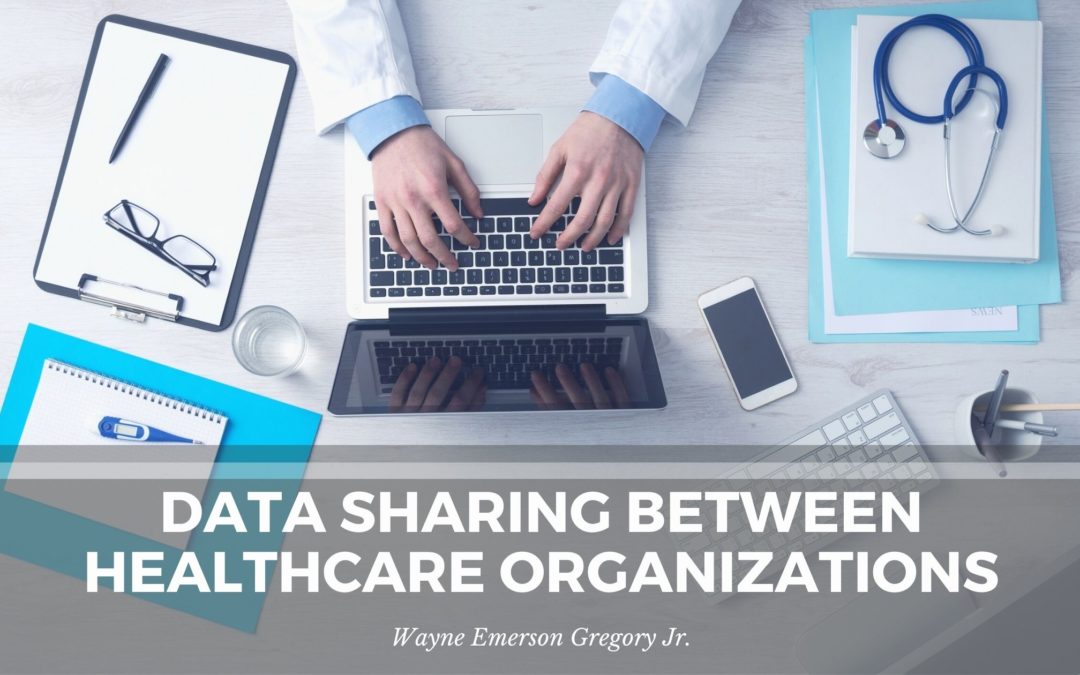Today, healthcare organizations are more interconnected than ever before, with many information systems and advancing technological innovation. This rapid development has made it necessary for these institutions to share data with each other securely, but the process for doing so is difficult and not always clear.
The key concept of secure data sharing is that all participants must be able to verify the authenticity and integrity of the information. They also need to be confident that it has not been compromised or changed in any way since it was sent. This is only possible if a secure, trusted environment can be created and shared between participants to protect data as well as the transactions and interactions taking place with them.
To ensure success, organizations should prioritize security, specifically with integrity and authentication. They should also ensure that their partners, not them, face technological and financial risks if unsuccessful data sharing occurs. This can be accomplished by creating a decentralized network for information sharing instead of a more centralized one that only allows access to authorized users.
When healthcare organizations work together securely, they can ensure that the people and communities they serve receive the best care possible.
Physicians are in the business of providing care. This entails placing patients at ease, communicating any medical concerns or news about their condition, and integrating information to give them the best treatment possible. But in order to do so effectively in today’s healthcare landscape, information must be available quickly, accurately, and reliably.
Physicians need up-to-date information to give their patients the best care possible. When physicians are able to share data with each other seamlessly, they can work together to improve patient care instead of spending time trying to find or send information piecemeal. This is especially critical for subspecialists who are treating patients with complicated care needs. They need to access all relevant patient, clinical, and research data as quickly as possible in order to provide the best care.
By enabling physicians to share information easily, healthcare institutions can improve efficiency and, ultimately, quality of treatment. Moreover, physicians will have the tools to offer patients a higher standard of care, which leads to trust and loyalty from these individuals.
